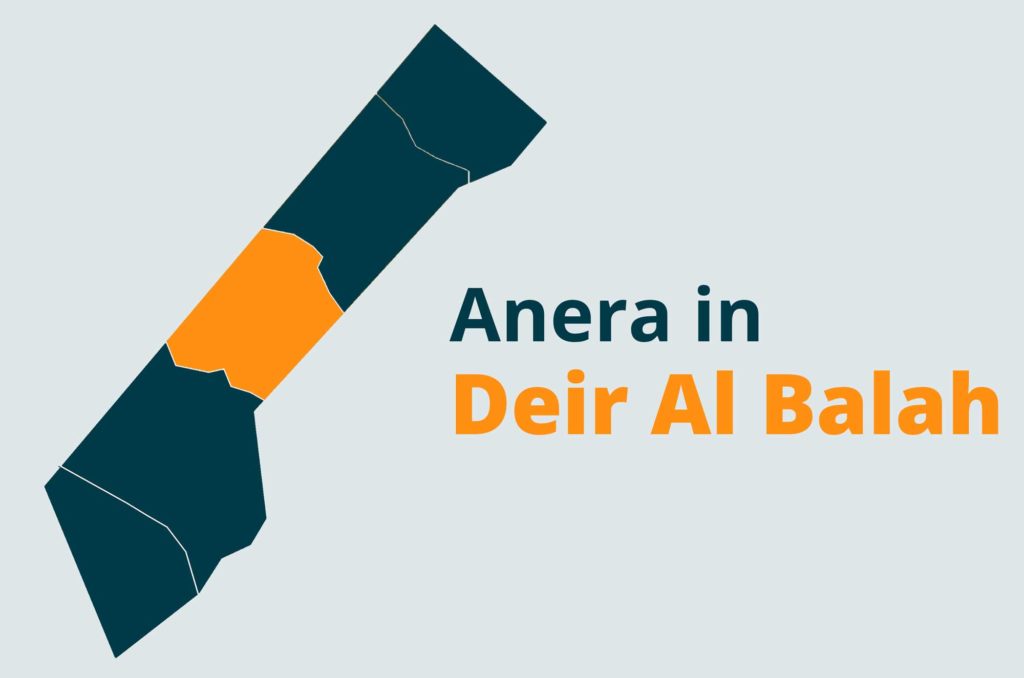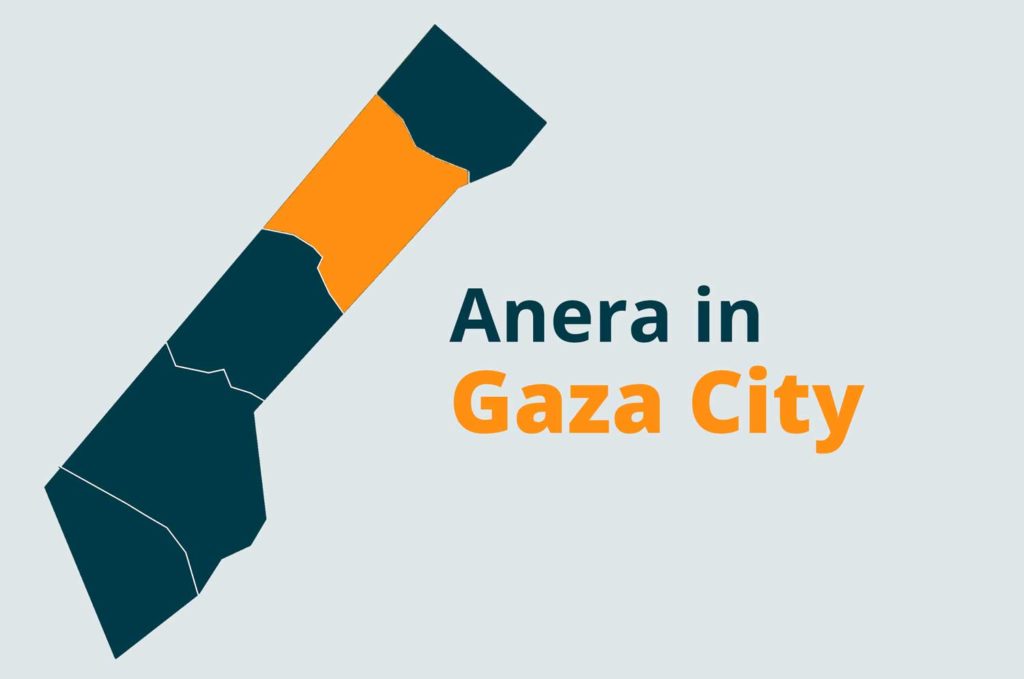Feb, 2011
Anera’s Milk for Preschoolers (MfP) program is more than just providing nutritious milk and biscuits.
A key goal is raising awareness among mothers and teachers about how to keep children healthy. MfP is active in more than 130 preschools across Gaza, so health awareness sessions can reach into many communities.
Thirty-three mothers squeezed into a classroom at New Maghazi Preschool in central Gaza to learn about the best feeding practices and the major causes of anemia. The topics for discussion included anemia, iron therapy, parasite infections and health nutritional habits, and hygiene.
“We discovered that anemia in the Middle East is most often caused by malnutrition or parasite infections, in contrast to other areas of the world where it might be genetic or inherited,” said Dr. Alaa Al- Massri, who has experience in childhood diseases. “We can treat it by encouraging good eating habits and iron-rich foods in the diet, combined with iron therapy.”
In the sessions, mothers learn that iron drops they give their children should be swallowed with juice or water an hour before or after eating and not during a meal with milk or tea as mothers had thought.


Our children are the most precious gift we have. The information helps us know how to protect their health.
In partnership with Palestinian Medical Relief Society, the MfP team collected hemoglobin and anthropometric samples from 800 preschoolers in 32 preschools. The results indicated anemia among 26.1% of the children. The northern Gaza and Rafah areas showed the highest rates of anemia — more than 30%. Anera’s analysis of 192 anemic preschoolers showed that nearly one in three (47 children) were infected by parasites.
Dr. Al Massri explained that parasite infection results from a lack of hygiene or polluted drinking water. “To protect our children's, we need to make sure they have high level of hygiene and drink filtered water. They also need stool analyses to identify parasites and prescribe treatments.”
During the training sessions, mothers also talked about their cooking and feeding habits. Many thought green vegetables were highest in iron. In class, they learned about adding red meat, eggs and fish, when they could afford them. But they also learned about low-cost foods like beans that are rich in iron.
Mothers and teachers in the sessions learned that children with blood counts of less than 11 are considered to be anemic. Kawkab Mousa said her four-year-old daughter Basima was always pale-faced and inactive. After the doctor diagnosed Basima as anemic, she received instructions on how to treat her child and organize a more iron-rich diet.
MfP Coordinator Reema Salem also told participants about where they could find proper treatment free of charge. “We feel a strong moral commitment to help by raising awareness about anemia, when to test for it and how to treat it.”
Mothers in the awareness classes expressed their enthusiasm and gratitude. “Our children are the most precious gift we have. These sessions give us important information about how to protect their health,” said Ms. Mousa.


